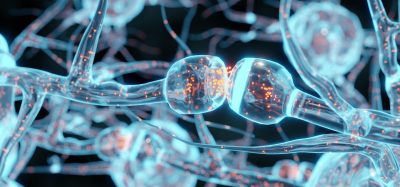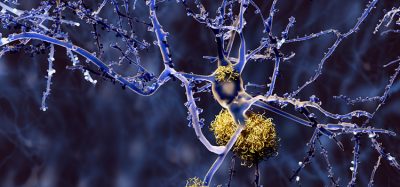Potential broad-spectrum antiviral discovery for herpes virus
Posted: 16 August 2017 | Dr Zara Kassam (Drug Target Review) | No comments yet
Scientists studying cellular enzyme complexes have unexpectedly found that inhibiting EZH2/1 suppressed viral infection in the herpes simplex virus infection…


Scientists studying cellular enzyme complexes have unexpectedly found that inhibiting EZH2/1 suppressed viral infection in the Herpes simplex virus (HSV) infection .
The National Institute of Allergy and Infectious Diseases (NIAID) group demonstrated that EZH2/1 inhibitors not only suppressed HSV infection, spread, and reactivation in mice, but also suppressed human cytomegalovirus, adenovirus, and Zika virus infections in cell culture using human primary fibroblast cell lines. These authors suggest that EZH2/1 inhibitors have considerable potential as broad-spectrum antivirals.
The research group then demonstrated that EZH2/1 inhibitors also enhanced the cellular antiviral response in cultured cells and in mice.
After herpes viruses infect a cell, their genomes are assembled into specialised protein structures called nucleosomes. Many cellular enzyme complexes can modulate these structures to either promote or inhibit the progression of infection.
Biomarkers are redefining how precision therapies are discovered, validated and delivered.
This exclusive expert-led report reveals how leading teams are using biomarker science to drive faster insights, cleaner data and more targeted treatments – from discovery to diagnostics.
Inside the report:
- How leading organisations are reshaping strategy with biomarker-led approaches
- Better tools for real-time decision-making – turning complex data into faster insights
- Global standardisation and assay sensitivity – what it takes to scale across networks
Discover how biomarker science is addressing the biggest hurdles in drug discovery, translational research and precision medicine – access your free copy today
Once a person has been infected with a herpesvirus, the virus persists in a latent form, sometimes reactivating to cause recurrent disease. Two-thirds of the global population are infected with HSV-1, and at least 500 million are infected with HSV-2, according to the World Health Organisation.
These viruses cause a range of diseases and conditions from oral cold sores to genital lesions to serious eye infections that can lead to blindness. In infants who acquire the infection from their mothers, HSV can cause neurological and developmental problems. People infected with HSV also have an enhanced risk of acquiring or transmitting human immunodeficiency virus (HIV). Treatment usually involves antiviral drugs that interfere with viral replication, but new approaches to combat these infections are needed.
Related topics
Antiretroviral Therapies, Drug Discovery Processes, Enzymes
Related conditions
Adenovirus, Cytomegalovirus, Herpesvirus, Zika virus








